€7M German project to develop processes and demand scenarios for the mass production of synthetic fuels; “Refineries for Future”
Green Car Congress
MAY 27, 2023
In spite of increasing electric mobility in the transport sector, we will continue to need liquid fuels for a long time. When talking about phasing out of combustion engines, it is referred to car engines only. According to these scenarios, gasoline will disappear from the market first, Dahmen points out.

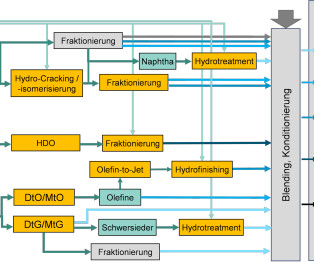
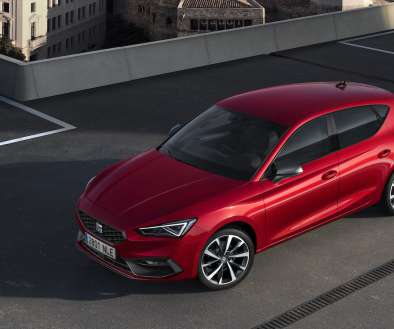
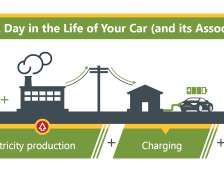
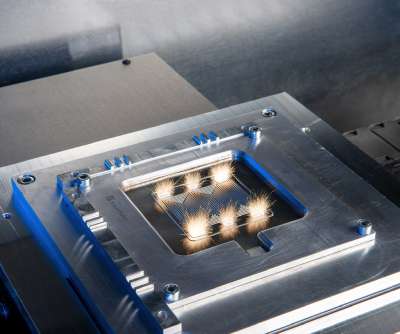
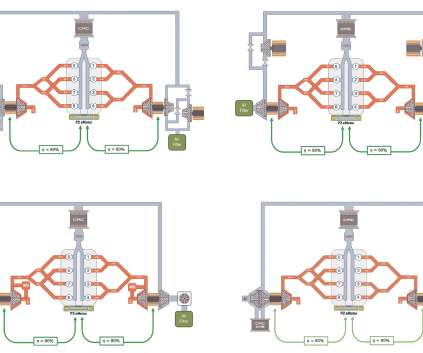

























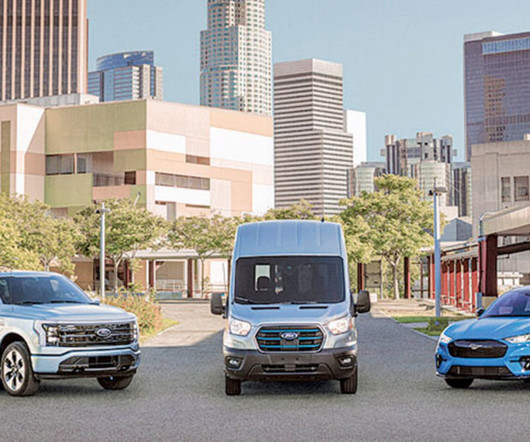


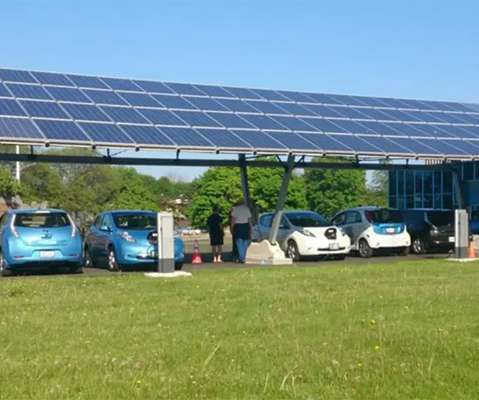






Let's personalize your content